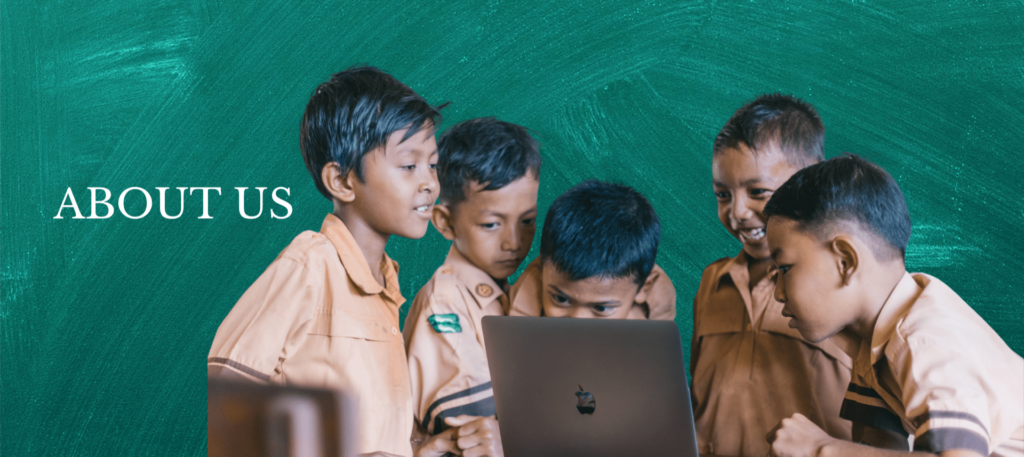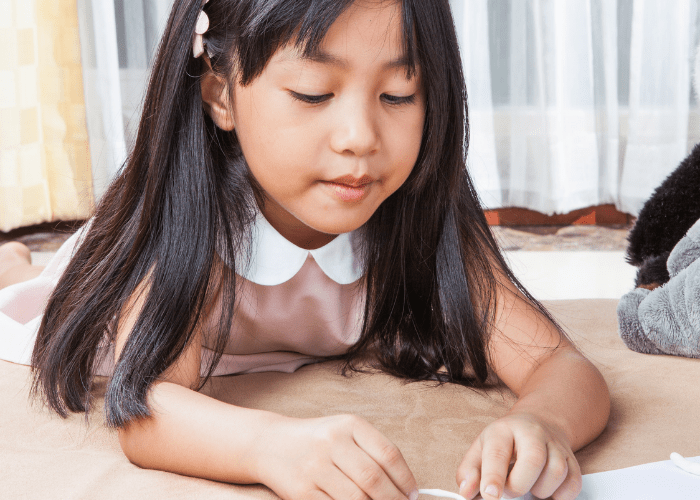
OUR STORY
We were founded in 2019 by primary investigator Angie Johnston, and current Ph.D. Candidate, Molly Byrne, with the desire to better understand how humans and dogs think. While doing so, we sought to create a student-focused research space, where BC undergraduates from all backgrounds could learn the hidden curriculum of academia and have the opportunity to produce groundbreaking work. Additionally, we sought to connect with the greater Boston community, making science accessible to people from all walks of life by allowing them to participate directly in our research–a practice called citizen science.

About Angie Johnston
Dr. Johnston graduated from the University of Dallas Texas with degrees in Child Development and Psychology in 2012. She continued her career as a Ph.D. student in Yale’s Psychology department. As a professor at Boston College, Dr. Johnston now explores how children evaluate the information they learn from others.
Learn more about our team below.
OUR VALUES
The Boston College Social Learning Lab maintains a community-centered approach as the foundation of its work. We are a women-led lab seeking to provide a fun, informative experience for all participants and students. By focusing on our community’s diversity of knowledge, backgrounds, and experiences, we produce innovative, creative research of which anyone can be a part.
CITIZEN SCIENCE
What is citizen science?
Citizen science means that we give everyday people, just like you, the opportunity to contribute to meaningful research. Here at the Social Learning Lab, we believe that the best way to learn involves collaboration. That’s why we’re asking for your help! Sign up today to join our research team.

CHILD RESEARCH? GAMES?
What does child cognitive research look like?
Very often, research is done using fun and simple games. A researcher provides guidance while a parent supervises. Research games usually involve puzzles, stories, or puppet shows. The design of these games helps researchers measure very specific things about the way the average child thinks. How does the average child think about fairness? How do children choose friends? When do they understand object permanence (that objects don’t disappear when they can’t see them)? All of these are example questions that can be measured using games.

DOGS? COMPARATIVE PSYCH?
We call ourselves comparative psychologists because our work compares the cognitive abilities of humans to other animals. This work helps us understand how humans have evolved to learn. We’re interested in this work because we believe that humans’ unique learning skills separate us from other mammals.
Our lab has a special focus on comparing dogs to humans, and works with our sister lab, the Boston College Canine Cognition Center, to answer our questions.
